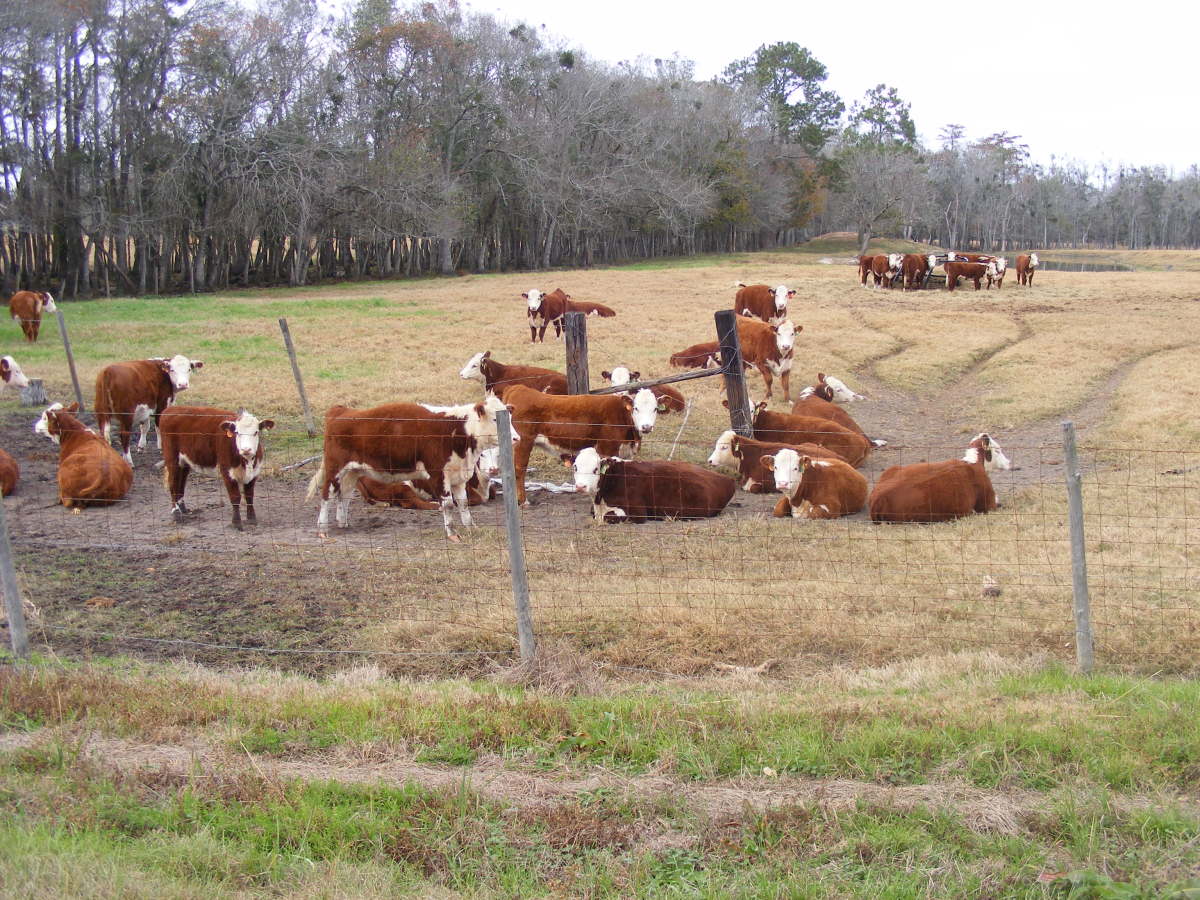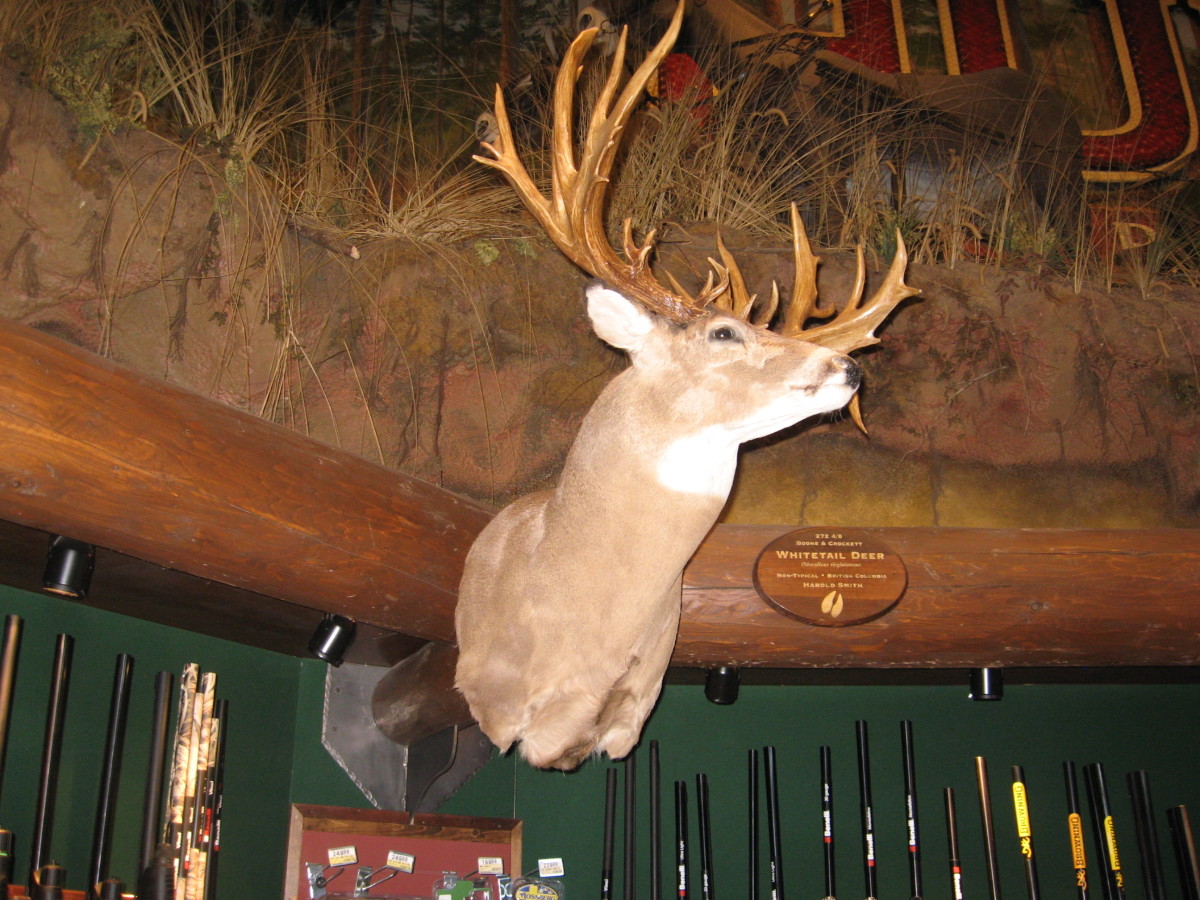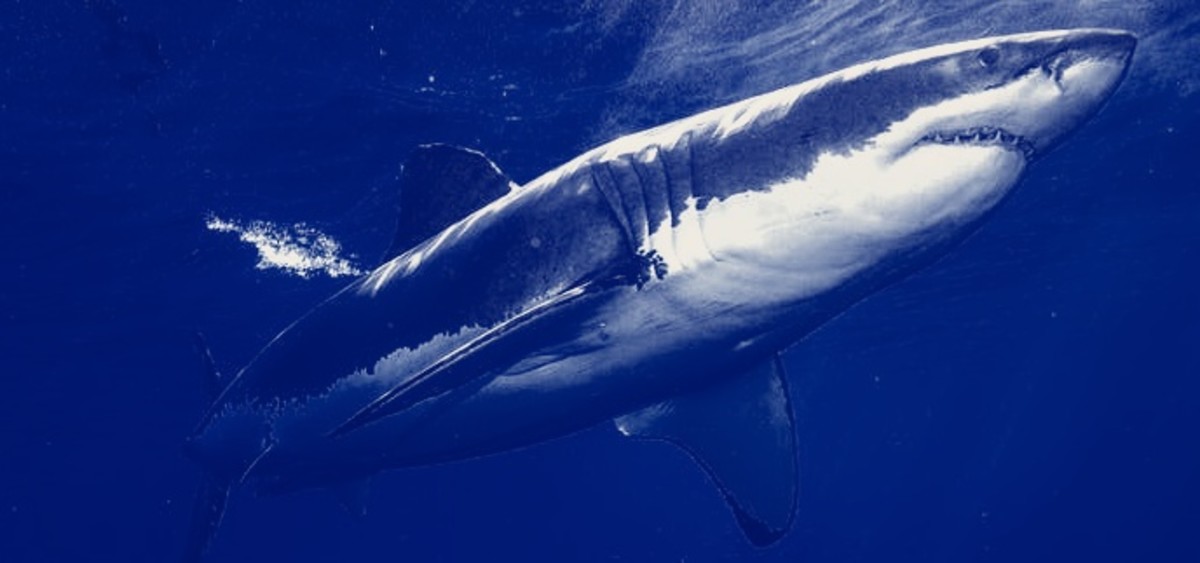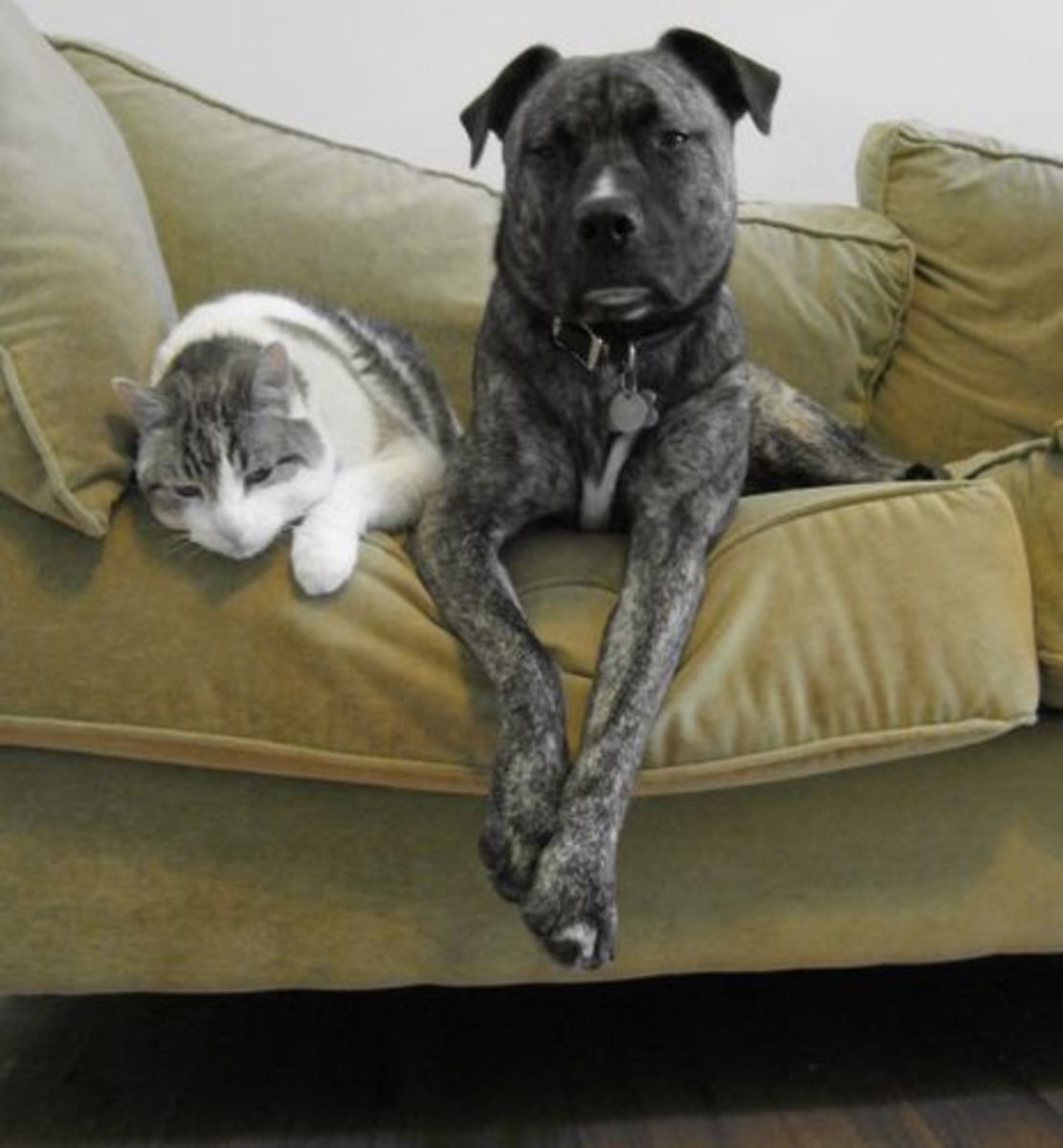Animal Cruelty is a Crime!
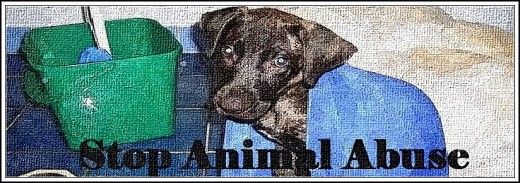

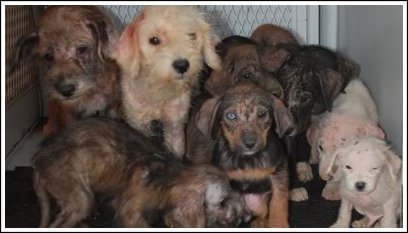
Cruelty to animals in any form whether they are pets or not, encompasses a wide array of topics and situations. So, there are no simple solutions to this real crime. Most normal people would prefer to believe such a thing does not exist. But, unfortunately it is far too common.
Wikipedia defines it as: “the infliction of suffering or harm upon non-human animals, for purposes other than self-defense.” Some segments of society include use of animals for food or fur as forms of abuse and would have everybody become vegetarians. In more basic terms, it simply means cruel unwarranted treatment of animals.
Experts say there are many reasons why someone might abuse an animal. But, honestly…are there any legitimate excuses? The same experts also say animal cruelty comes in two forms: active and passive. Passive cruelty usually concerns a lack of action, or to put it bluntly, pure neglect. In these cases, lack of action is an action. Passive cruelty can be starvation, depriving them of water, allowing parasite infestations, not providing adequate shelter in extreme weather or withholding medical attention.

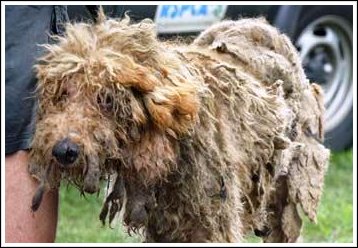
Active cruelty is when someone deliberately causes harm to an animal. These acts are generally malicious and extremely brutal. The medical community generally agrees anyone committing such an act should be viewed as having serious psychological problems and possibly a sociopathic disorder. In many cases these acts are closely associated with domestic violence in the home.
Animal abuse is a real crime punishable by stiff penalties. However, in some cases of neglect it may be determined an abusive act was not intentional but done out of ignorance. In such cases owners are educated and follow-ups are conducted to ensure the situation improves. If there is no improvement, or the situation worsens, the animal may be immediately removed and necessary medical attention provided.
The People for Ethical Treatment of Animals (PETA), has recently revealed some eye opening facts about the treatment of circus animals. According to their reports, they regularly indulge in animal cruelty. In many circuses, animals are trained by intimidation and physical abuse. PETA claims there is no overseeing organization to investigate animal training, which many view as being a form of cruel torture, or check on their upkeep. Circus animals are also routinely exposed to various diseases.
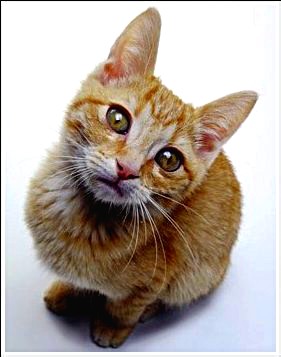
Fortunately animal-protection laws have been instituted, mostly in the last 50 years. However, these laws do not always consider an animal’s true biological and social needs. Each day, calls from a concerned public are made about activities that may be considered cruel, but may not violate any law. One of the most common concerns dogs continuously chained. Although the dog is fed and watered and is in otherwise good condition, its’ only contact with another living being is at feeding time. Dogs are social animals and need companionship. Does this constitute a violation of any laws? No, but obviously it isn’t morally right.
On the other hand, there are activities involving animals which are blatantly against the law. Two examples would be cock and dog fights. But, there are other atrocities. There have been cases where animals and pets have literally been beaten, starved, hung, shot and killed by their owners. These are the obvious examples.
However, there are many instances not as well known. Many cosmetic companies routinely use animals in laboratories for conducting research. And then there are commercial pet farms. There have been horror stories written about what happens behind the scenes. Some dogs and cats were kept in cages with chicken or similar type of wire used as flooring. This often cut these animals’ paws to where they bled and sometimes became infected. This is not to mention the unsanitary conditions they were maintained in. Both of the above led to the death of many. There are countless other violations which could be included here. But the question is what can be done about it? Plenty! For one thing they can be reported to the proper authorities. However, it must be done properly.
The first step is to evaluate a situation. Maybe what appears to be a case of neglect might not be. Just because food and water bowls are not seen does not mean they are not being provided. Many owners opt to keep these inside out of reach of insects or other pests. Or maybe there is an animal door out of sight.
But, there are signs to indicate abuse is present. What about collar size…is it too tight? Not increasing the size of a collar along with an animals’ growth can cause strangulation. A pet which is not regularly groomed, particularly long haired ones can result in massive matting of its coat, which can lead to sores.
Mange is another concern. It is caused by parasites and leads to hair loss, sores and excessive scratching. This condition can be treated with medicated baths. The question is, has the owner given the animal one?
Starvation is a self evident problem, but it can also be caused by worms and an improper diet. This can also be readily alleviated. But again, will the owner do anything about it?
Once a definite abuse situation has been identified report it to a local animal control, police department or humane society. If an investigation proves abuse or neglect, authorities will decide how to best help the animal. However, don't try to rescue a pet yourself. This is illegal and besides it won’t deter the owner from simply getting another pet to abuse, or educating them to be responsible owners.
It’s important to know local anti-cruelty laws since they can vary by state, city or county. The legal definitions and penalties may also be different. Many states have added felony penalties to their anti-cruelty laws. And be advised, once an incident has been reported investigating officers may not be able to discuss the case.
The key to prevention is education and stronger anti-cruelty laws. Schedule a speaker from a local humane agency to talk at churches, clubs, children's groups, day-care centers and schools.
This article is dedicated to Lucky Cats. http://hubpages.com/profile/Lucky+Cats




